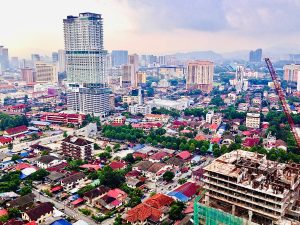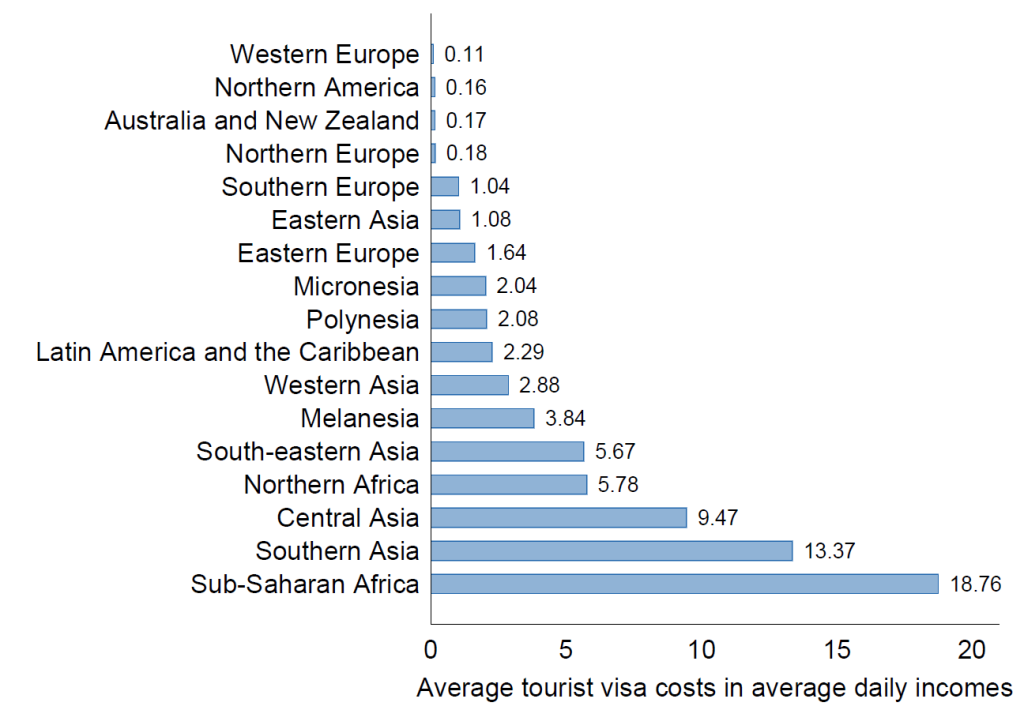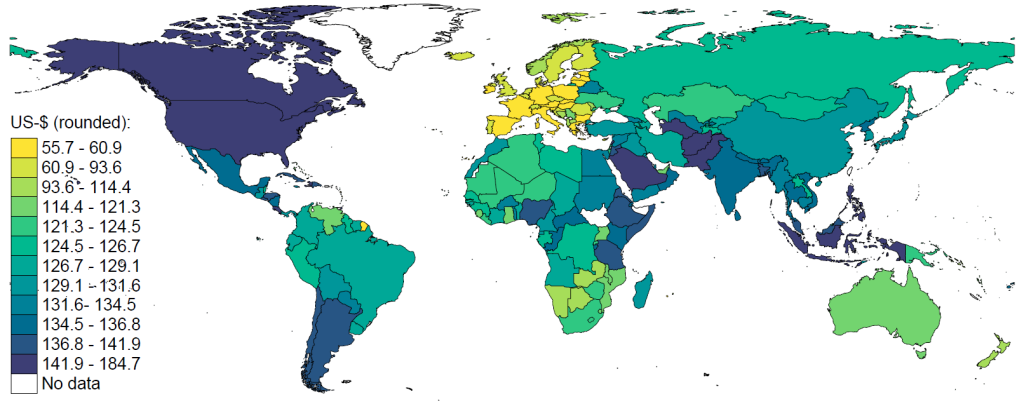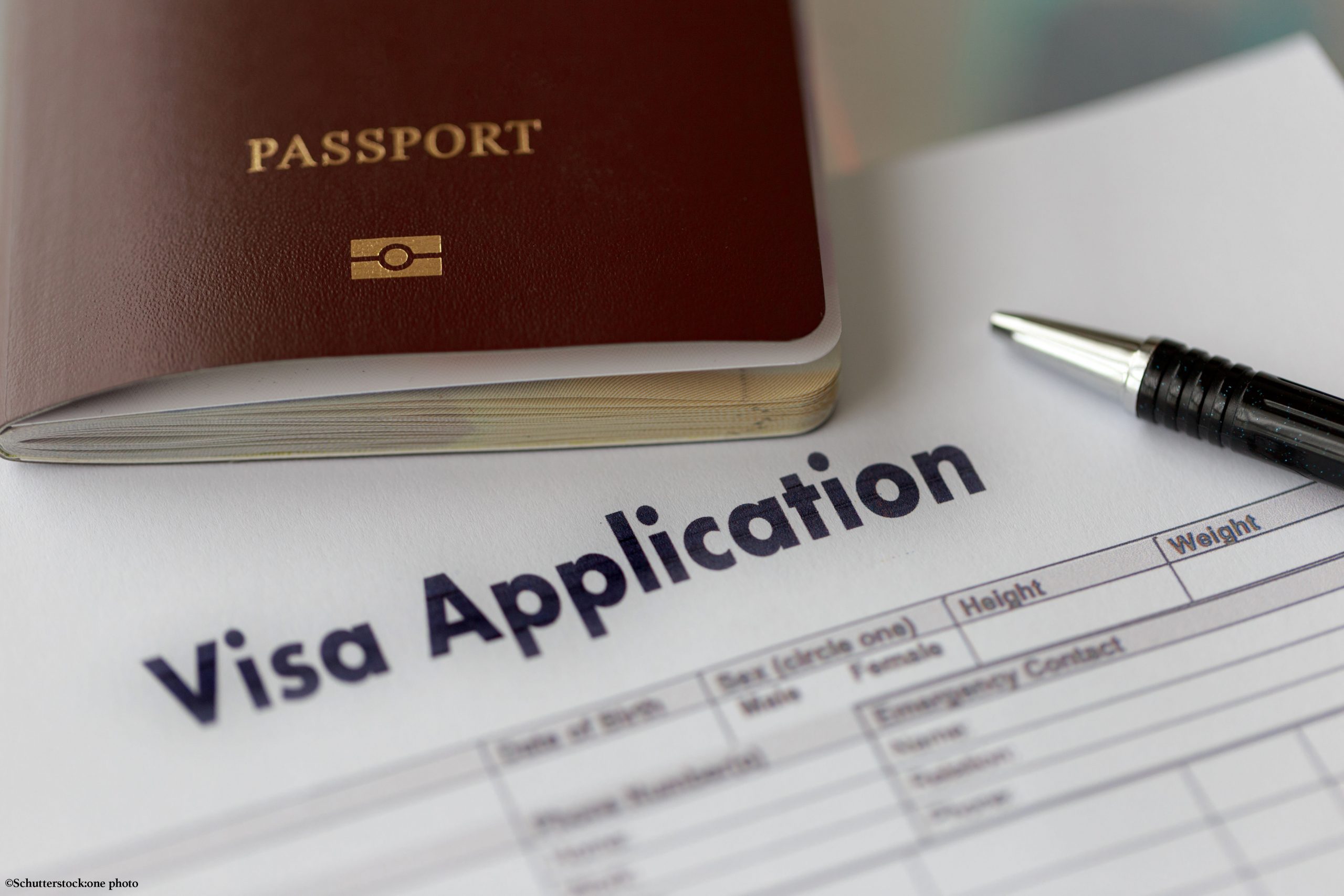
Read more
Blog, Labour markets & welfare states
The Challenges Faced by Malaysia’s Migrant Workforce during COVID-19 Movement Restrictions
Malaysia is heavily dependent on the labour of both documented and undocumented migrant workers, most of whom come from Indonesia, Nepal and Bangladesh. These workers are disproportionately affected by the challenges presented by COVID-19...
The Covid-19 pandemic has made everybody aware that individual mobility is a major engine of social life but, at the same time, it is also politically channelled and limited. One after another, governments have shuttered borders and curtailed even short-distance trips. This is most extraordinary. In normal times, when travels are regulated less drastically, the key tools to filter international visitors are visas. While citizens of developed nations rarely have to bother about visas, as visa waivers are widespread among OECD countries (not to speak of the EU, where ID cards suffice to cross member-state borders), a lot of country-to-country journeys require travellers to apply for a visa – and pay for it.
How much does it cost to apply for a visa? On a global scale, we found that the prices of visas differ widely and top up other existing inequalities between people living in different areas of the planet. The Global Mobilities Project (GMP) has collected and released systematic information on the costs of travel visas (for tourism, work, study, family reunification, business, transit, and other motives) worldwide – that is, for all possible combinations of sending and receiving countries. The Global Visa Cost Dataset is freely downloadable on the GMP webpage (as well as a working paper analysing it). This novel dataset shows that visa costs vary according to a logic that favours citizens of richer countries. Overall, there is a strong negative relation between tourist-visa costs and sender-country Gross National Income per capita. People in Southern Asia pay on average in excess of three times more than Western Europeans when getting a visa to go abroad. We call this the ‘Matthew effect’ of visa costs: when they want to go abroad, the poor get poorer and the rich stay rich. Like in the parable of talents of the Gospel, those who have already an advantage (being from a more developed country) get an additional advantage (in terms of cheaper visas).
If we compute the real costs of visas by estimating how many days (based on daily average income) people have to work to be able to afford a visa, this global gradient becomes even more pronounced (figure 1). In real-cost terms, Western, Northern and Southern Europeans as well as Australians and New Zealanders hardly have to work at all to obtain a tourist visa, whereas Central Asians have to work more than nine days, Southern Asians have to work almost two weeks and Sub-Saharan Africans almost 19 days to apply for a visa, on average.

Figure 1. Tourist visa costs expressed in average daily incomes by sender-country sub-region
Source: Global Visa Cost Dataset
On average of all possible destinations, work visas are more expensive than tourist visas. Europeans enjoy the lowest prices, though (figure 2). Citizens from other parts of the Global North (and especially US and Canadian nationals) have to face higher visa costs if they intend to settle abroad to work. Still, relative to their incomes, these costs are way below those of Sub-Saharan Africans who often need to invest more than a one-month salary if they intend to apply for a work visa. Almost as severe is the cost for workers moving from Southern Asia and parts of Latin America.

Figure 2. Average work visa costs in USD by sender country
Source: Global Visa Cost Dataset
Overall, visa costs seem to be inversely proportional to the perceived desirability of incoming visitors – by nationality and purpose of visit – for receiving countries, with few exceptions (the most extreme case being denying access to citizens from certain countries entirely). The general rule is that high visa costs are meant to signal how unwelcome some categories of travellers are, deterring the least desired ones from coming. These are usually citizens of poorer and politically unstable countries, who are perhaps seen as particularly suspect to use tourism visas as gateways to overstay as irregular migrants. While this general logic of visa costs may be held to be consistent with restrictive migration policies, the consequence is that visa costs reinforce other global inequalities. Also due to the expensiveness of travel visas, the right to be mobile and to leave a country – a right that should be guaranteed universally under the UN Declaration of Human Rights (article 13) – is far from being universal.
As John Torpey remarked long ago, a core feature of modern states is their ‘monopoly of the legitimate means of movement’ – that is, their power to regulate human mobility. In exceptional times, like during the Covid-19 crisis, this power comes to the fore and affects everybody’s life dramatically. It will not cease once the pandemic is over. After the experience of lockdown, people’s willingness to travel is likely to resume. But the virus – and the fears it fuels – can leave its scars on the openness of borders and travel authorizations. Visa policies and visa costs may change to filter would-be visitors further – for instance, taking into account the disease risk of different areas of origin (which in normal times are higher in poor regions). The key measure to tackle Covid-19 in local interactions – ‘social distancing’ – could become the inspiring principle of global mobility, thus reinforcing an already large gap in the possibilities to travel by nationality – ultimately, using public health to legitimize the ‘lottery of birth’.
Ettore Recchi Part-time Professor, Migration Policy Centre, EUI
Emanuel Deutschmann Senior Lecturer, University of Göttingen
The EUI, RSCAS and MPC are not responsible for the opinion expressed by the author(s). Furthermore, the views expressed in this publication cannot in any circumstances be regarded as the official position of the European Union.

